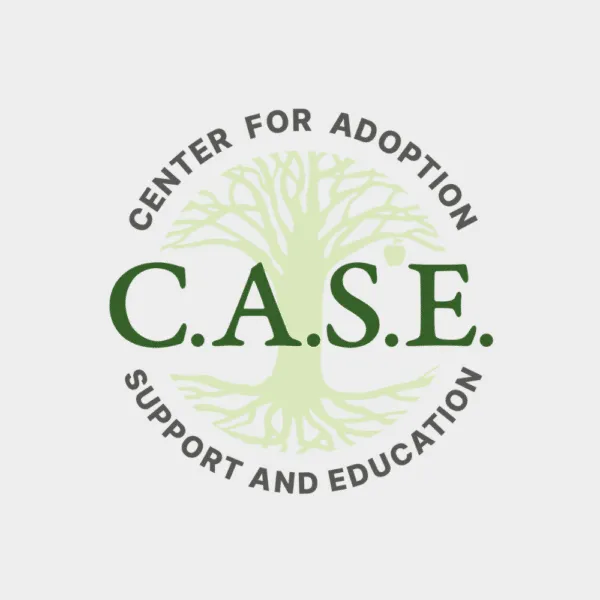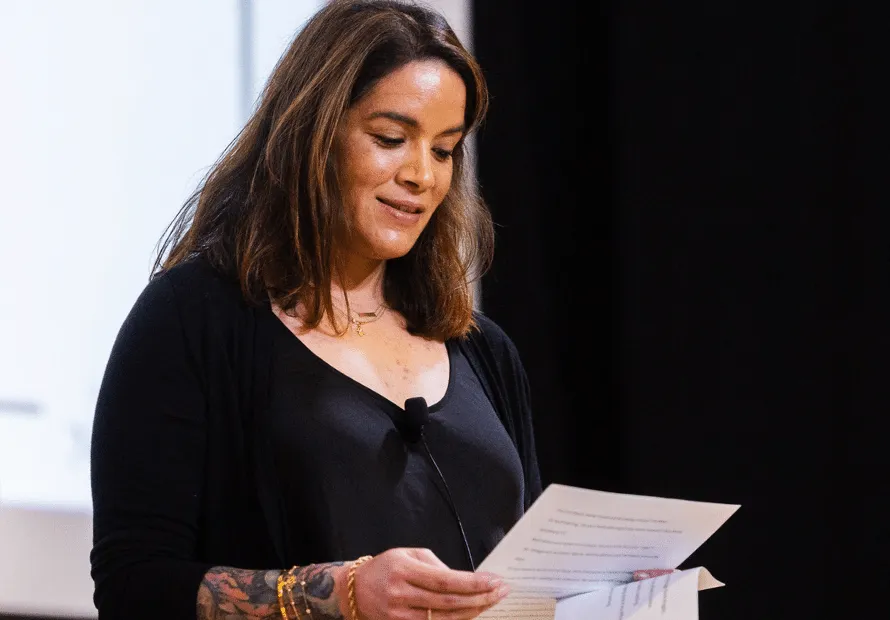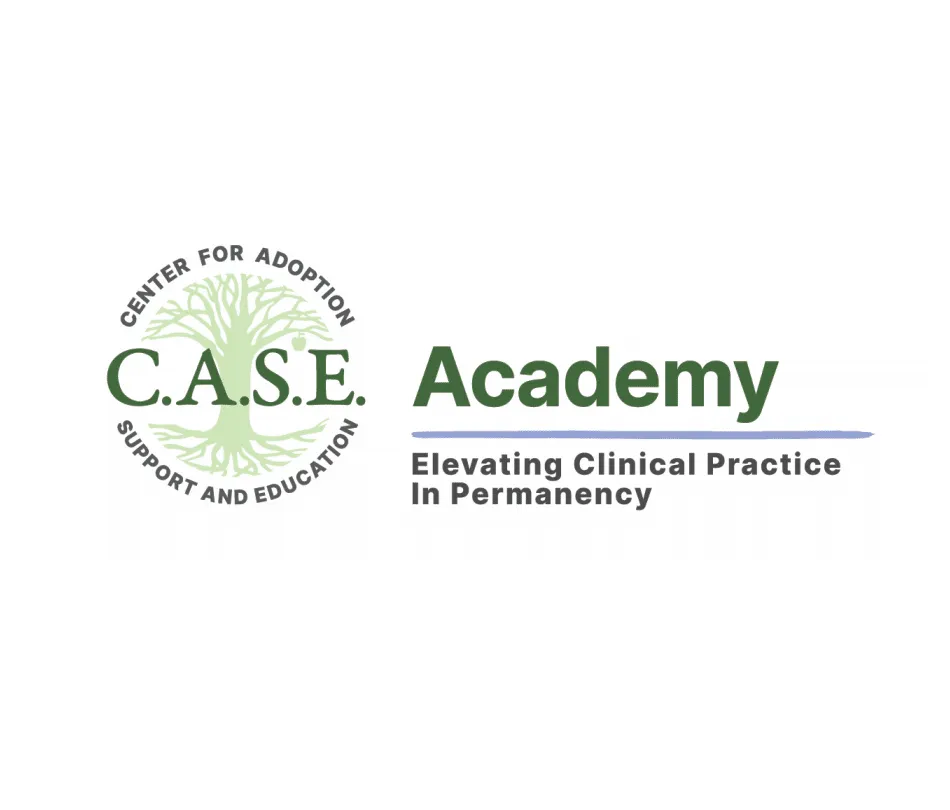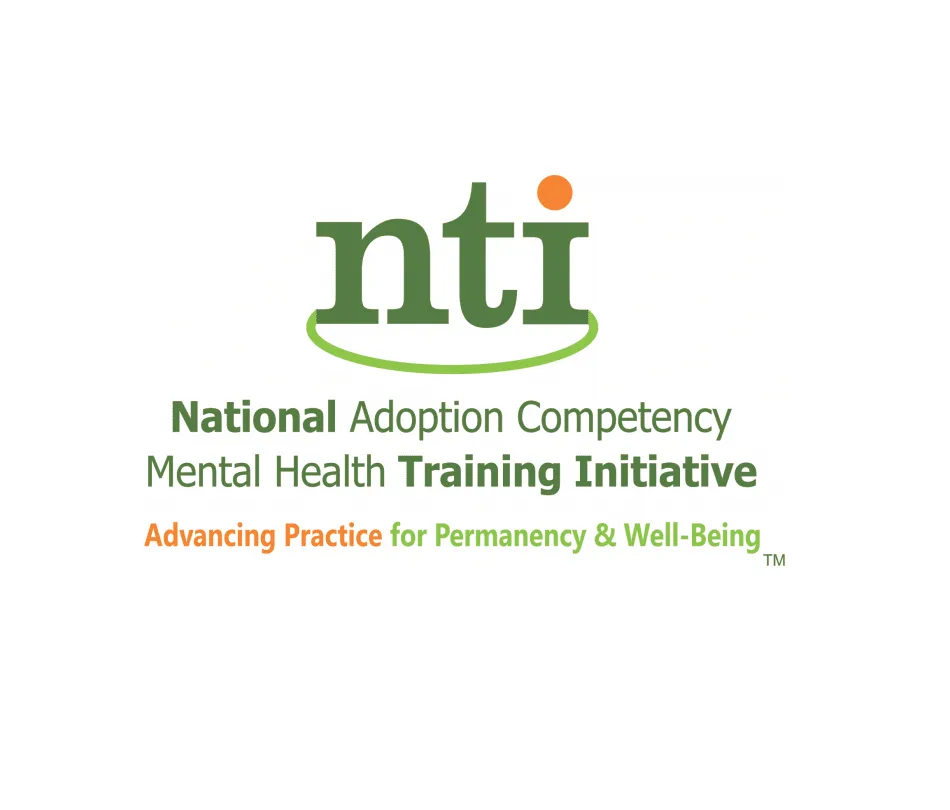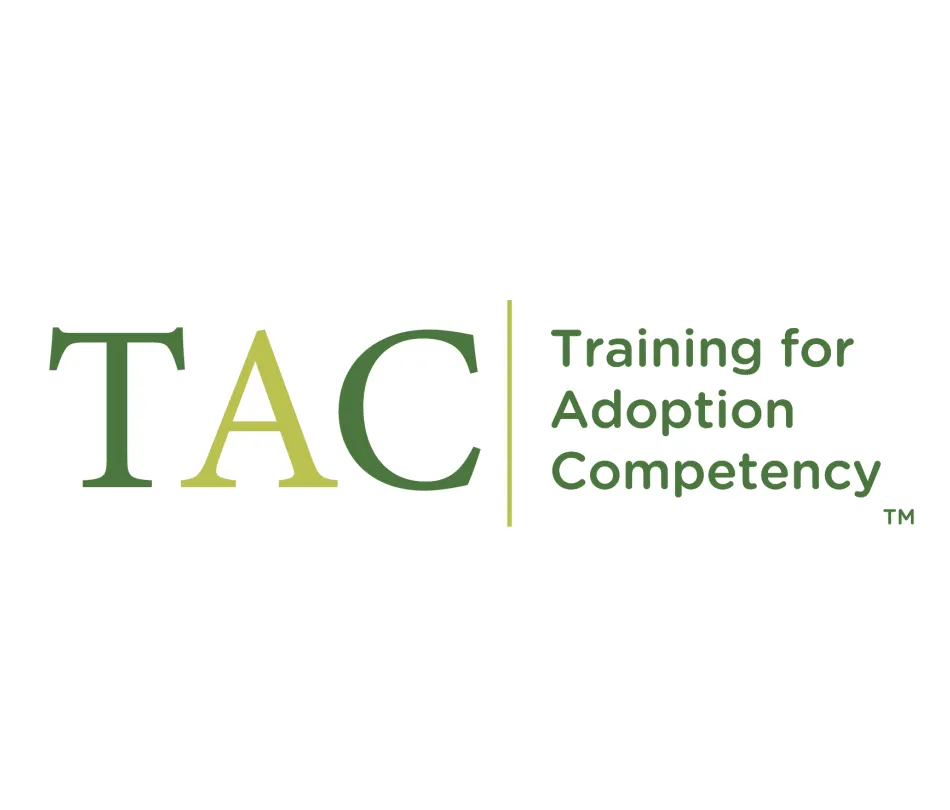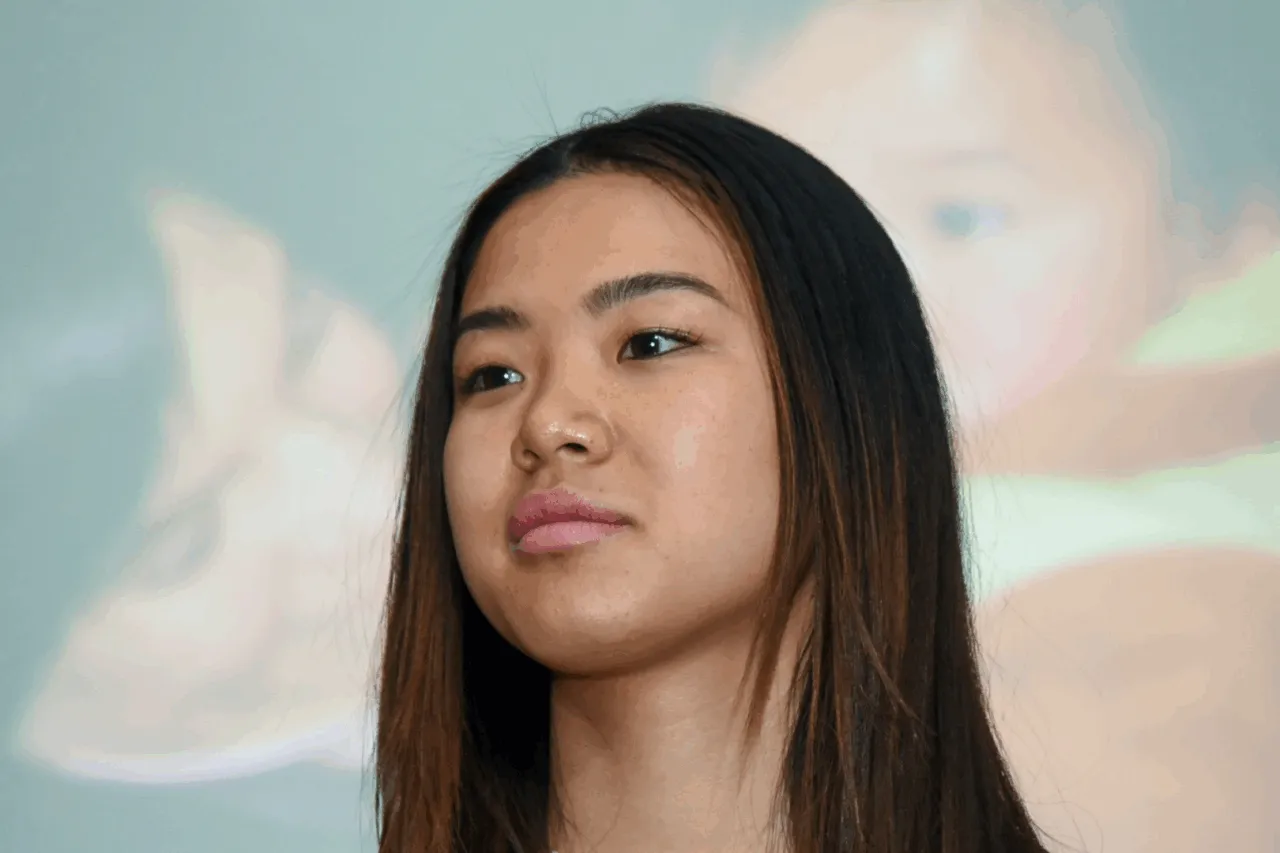Adults with Lived Foster and Adoption Experiences Share Their Wisdom
Adults with Lived Foster and Adoption Experiences Share Their Wisdom
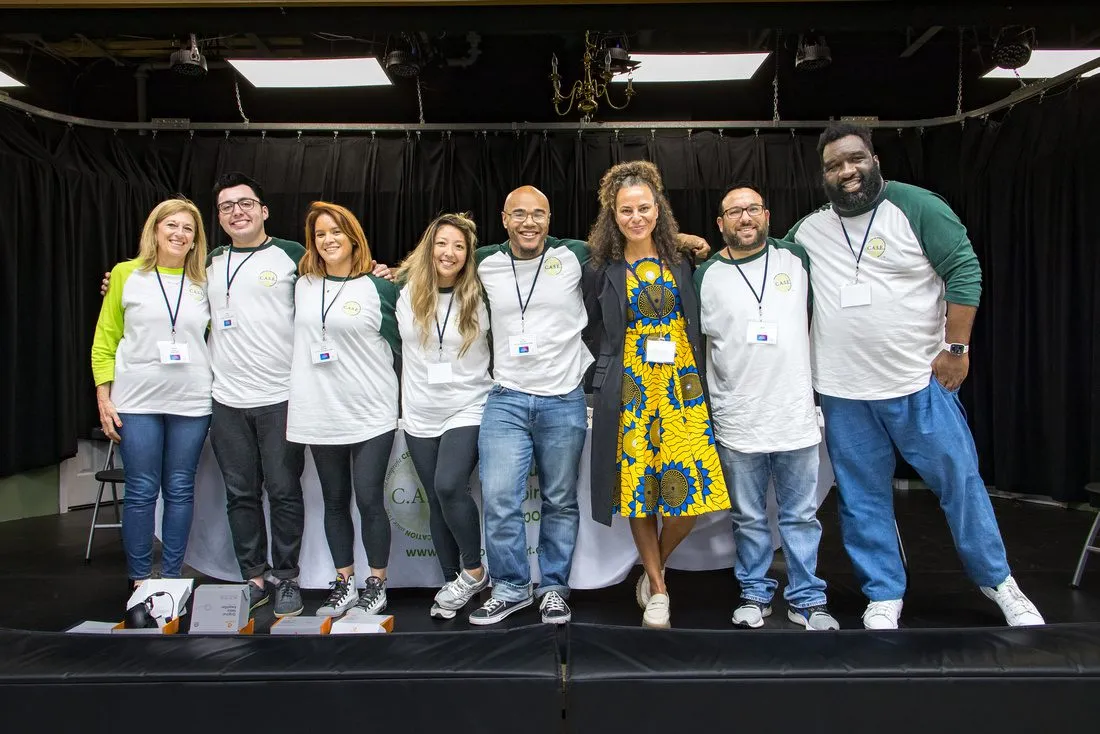
Adoption Expert: April Dinwoodie
KAN Parent Program
The parents and staff who attended the adult portion of the 25th Annual KAN Conference themed Aligning Your Stars: Adoption and Life Constellations had the opportunity to hear from C.A.S.E.’s Emerging Leaders with foster and adoption lived experience as they shared their well-earned wisdom in the effort to make the journey a bit easier for others along that journey.
The KAN parent program was kicked off by April Dinwoodie, a nationally recognized voice for adoption, foster care, and multiracial/multicultural families sharing her own experiences as a transracially adopted person. April took the room on a journey through the calendar year, drawing from material and questions she developed for use in her family camps, Transracial Journeys. April shared that her mother of origin named her June, and her parents of experience named her April, leading to the creation of her podcast, Born in June, Raised in April. She uses the backdrop of the calendar year to ground the family conversation around family, race and identity. April’s sharing of her story provided KAN parents a jumping off point for reflecting on their own family adoption journey and supported them to address the more challenging issues even if uncomfortable at times.
Here are three key takeaways:
- Plan for intentional and honest family conversations about adoption.
Like many important things, we can easily forget or put off these important conversations if we don’t plan for them. April openly shared stories and events from her own life to illustrate the importance of these conversations as well as the consequences of not having them. April shared that in her own very loving family, often these important topics were not addressed, leaving her to deal with many hard questions and feelings on her own as a child, rather than having the support of her family as she dealt with her questions and feelings.What did these questions include for April? Questions like, why did my birth mother make an adoption plan for me? And, if it was because she loved me and wanted a better life for me, does this mean that other people who love me will also leave? But these important questions (and the feelings that went along with them) were not asked or answered for a long time, even though April struggled with them in her own way at different developmental stages of her life.To help parents make sure that their child will get this support, April suggested that families actually schedule these intentional conversations into their calendars, just like other important things that are scheduled in so that they are not missed or forgotten. Knowing that these conversations are not always easy to start, April provided some well thought out prompts for starting these family conversations, using a set of questions developed for each month. - Celebrate with Intention.
Usually, our calendars include the days and events we want to remember or celebrate, but April gave good insight and suggestions for being more intentional in our calendar planning. Many adopted persons don’t have many of the details of their birthday. Can we use this day as a way to acknowledge and talk openly about this as well, acknowledging the hard parts as well as celebrating? Can we also include the birthdays of birth family members on the calendar? Can we even add some of the hard days or hard things onto the calendar so that we can support each other as we deal with them?Again, April reminded us that if we don’t deal with the harder things as a family, the child will not have the needed support as they process these events, feelings, and questions. And let’s acknowledge that many family events for people who were adopted have both sides-the good parts (the gains) as well as the harder parts (the losses). And both need to be honored. - Multiracial and Multicultural families need to be intentional in promoting a healthy racial and cultural identity.
April shared that in her family, her parents’ ‘did not see color’ and as a result, were not prepared to help her in many ways that related to her developing racial identity. For example, they could not anticipate or help prepare her for how to respond to times of rejection that she faced in the community or even within the family. Also, her parents were not prepared to address her grooming needs around hair care, leaving April with many ‘bad hair days’. April stressed that it is important for families to address race and culture in intentional ways so that we can honor all parts of the child and actively talk about and teach kids the necessary skills to deal with the questions and/or bullying that the child may face in the world.
More Shared Wisdom: C.A.S.E. Emerging Leaders Panel
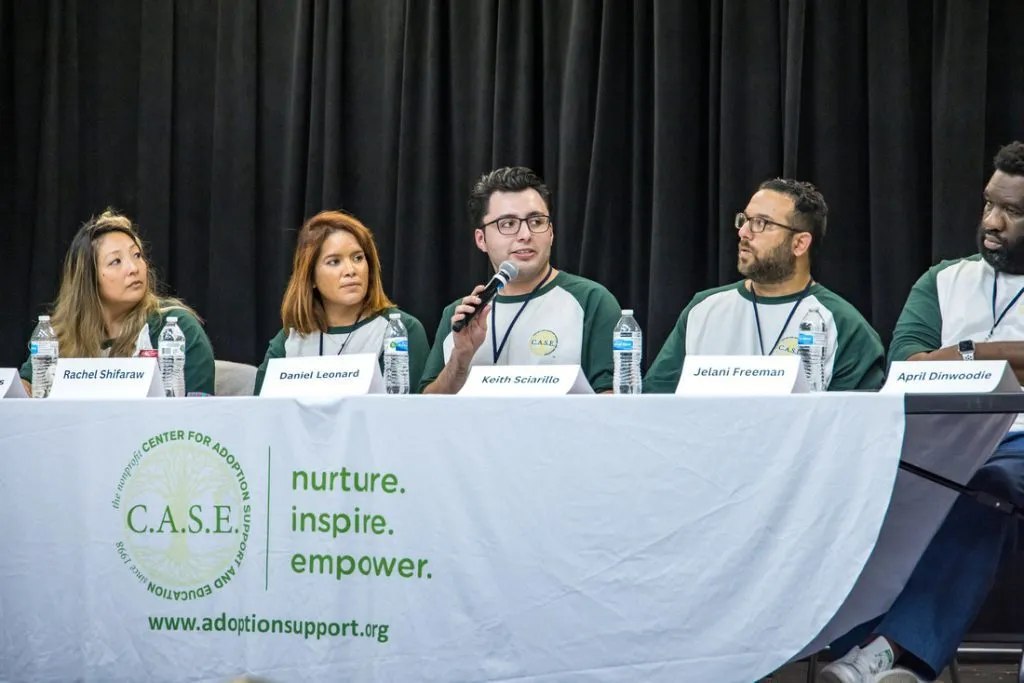
C.A.S.E. Emerging Leaders Panel (Rachel Shifaraw, Keith Sciarillo, Jelani Freeman, Robert Parsons, Elizabeth Barnes, Daniel Leonard)
Parents attended a panel of C.A.S.E.’s Emerging Leaders moderated by April Dinwoodie. Continuing on with the calendar theme, with questions like, what is the best and hardest month for each member?
The panelist chose to share their personal journey with such integrity, honesty and powerful openness . We are deeply grateful for the insights reflected below and lessons learned through such wisdom and at times pain and confusion.
Some of the hardest:
- May: The mixed emotions of Mother’s and Father’s Day
- September: At school, struggling with identity and knowing where to fit in
- July: A birthday month reminding her of the loss of birth family, language, and a country
- February: Struggling with dual loyalties to birth and adoptive families
- All months: Always waiting for someone to leave
Some of the best:
- February: The love and support from adoptive families, appreciated more as they get older
- January: Beginning the new year
- February: Knowing there is room in my heart to love everyone- birth and adoptive families
- August: Discovering more information that helped me make sense of my life
Healing Through Connection
We are so grateful April and the C.A.S.E. Emerging Leaders were willing to share parts of their life stories as a way to help others in their adoption journey. One big take away from the panel was the power of a supportive adoption community to offer moments of connection with those who understand, and how this serves as a healing force in many of their lives.
Building Community
During the panel you could get a sense of a community with committed parents who wanted to learn more about how to better navigate the additional complexities that being an adoptive family brings. Parents wanted to make sure they were supporting their children through the gains that adoption brought to their families, but also the losses. One young adult whose mother attended KAN shared, “After hearing April and the panel members speak, my mother told me she found the discussion helpful in better understanding my experience.” And that is community at its best!
Written by Leslie Wright, LCSW, Curriculum Manager, National Training and Development Initiative for Foster/Adoptive Families
